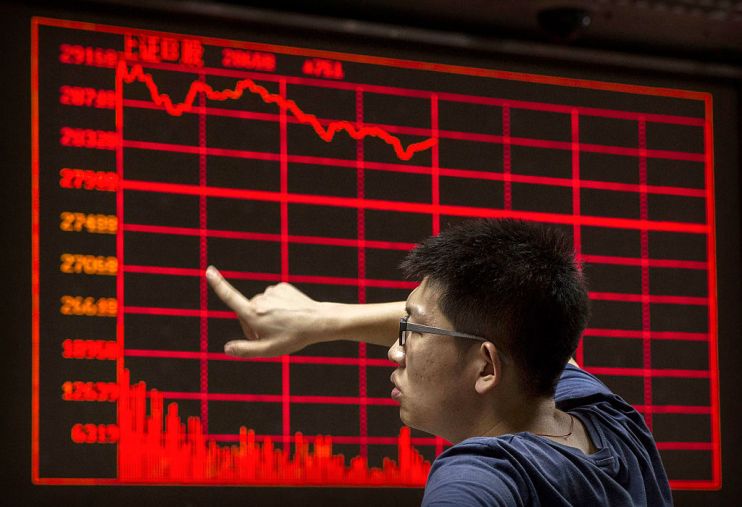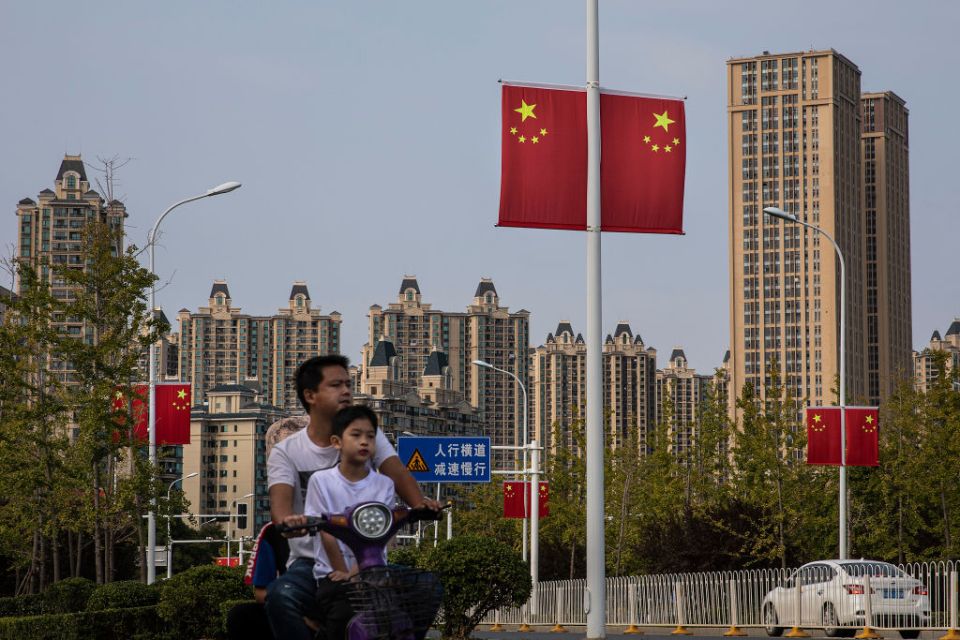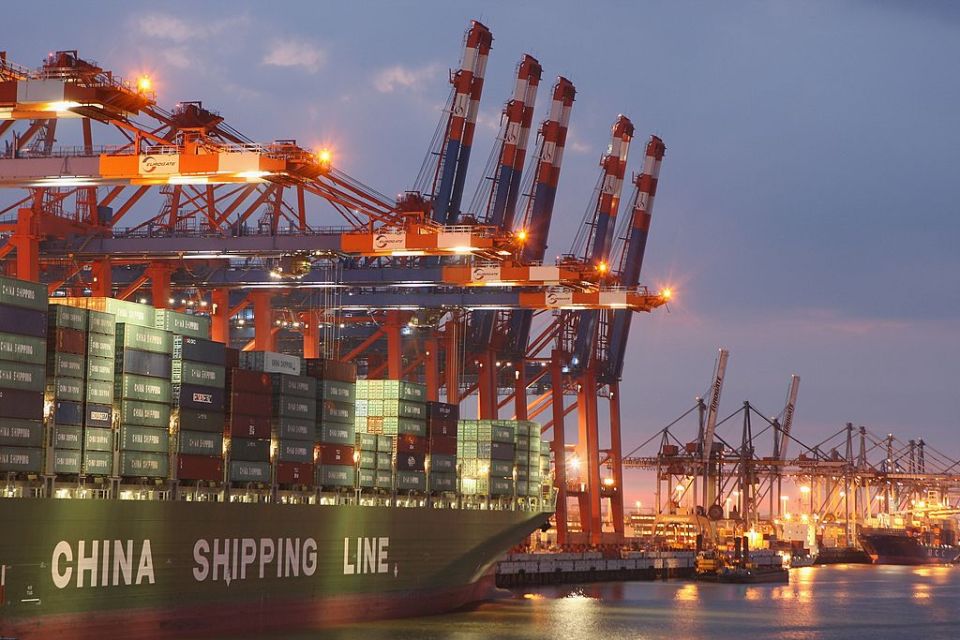Year of the Dragon: Why investors have soured on China’s economic prospects

China has powered global growth for decades, but as the year of the dragon begins, has the country still got its fire? Elliot Gulliver-Needham reports
As China leaves behind the Year of the Rabbit on Saturday (10 February), and enters the Year of the Dragon, investors are hoping that the new year might bring better fortune to the Asian giant’s economy.
The country has suffered dismal market performance over the last year, with all ten of the worst performing funds in the UK being China-focused funds, losing an average of 27.5 per cent each over 2023.
Things didn’t get much better in January, with the worst performing fund sector in the UK this month again being China, losing 9.2 per cent in just one month, while half of the bottom ten performing funds were China-focused funds.
“Whilst China’s GDP growth over the last 15 years has been impressive, investors have regularly suffered from setbacks and investment returns have not quite matched the economic growth,” said Harveer Mata, senior investment manager at Sarasin & Partners.
So, does the Chinese new year present the country (and investors) a chance to turn things around?
Oliver Jones, head of asset allocation at Rathbones Investment Management, explained that the “biggest single factor” behind the country’s recent weakness has been its “deep ongoing slump” in the property sector.
“The fundamental problem is that China built far too many homes, and that prices rose too far, as the sector boomed in the 2010s,” he said.
Hetal Mehta, head of economic research at St. James’s Place, said that China’s balance sheet recession as a result of the real estate bubble “will likely last several years”.
Meanwhile, a recovery from the pandemic at the start of last year quickly petered out, with Mehta noting that consumer confidence has fallen “to rock-bottom levels”, leaving Chinese consumers to spend much less and driving inflation into negative territory.
Mark Preskett, senior portfolio manager at Morningstar Investment Management, also pointed to the country’s high sovereign debt levels built up over the pandemic, and a tense geopolitical situation for the country.
While China hopes to overcome its geopolitical problems, Jones argued that “the chances of a thaw in relations with the US appear low”, as both parties push for a tough stance on the country and continue the ongoing trade war.
Often though it is when a country withdraws from the headlines that equity flows begin again. Perhaps it will be a lack of news, positive or negative, that could lead to a rebound?
Harveer Mata
“The obstacles for foreign investors in China have been growing, with the US imposing a growing set of restrictions on where its citizens can invest, and this trend appears likely to continue,” he said.
Mata also noted that firms such as Apple were increasingly looking to move production out of the country to places such as India or Mexico, which he said will need “to show signs of reversing to attract UK investors into the market again”.
Additionally, recent surges in the market have been centred around tech such as AI and GLP-1 weight loss drugs, which disproportionately favour US or European companies, he said.
Jones added that the beyond recent problems, the country’s structural slowdown was “well established and appears on track to continue” as demographics become an increasing problem.
All analysts seemed to agree that for the country to have any hope of recovery, a large government stimulus is practically a necessity.
“It is difficult to see any near-term catalyst for a China recovery outside of government stimulus,” said Preskett.
However, Rathbones’ Jones explained that the government is now “far less inclined to support big waves of investment spending”, due to fears around waste and debt build-up.


Mehta was even more pessimistic, saying “in the near term, we are expecting more of the same”, expecting some “small interventions from the Chinese authorities” but not enough to bring back UK investors.
However, Mata noted “This time last year not many were bearish on China, so sentiment can change very quickly.”
“Our view is the price you pay for an investment is the most important determinant of the return you receive over the long-term, and the Chinese stock market is trading at extremely low earnings multiples,” said Preskett. “This could encourage a patient investor to take a position.”
“Often though it is when a country withdraws from the headlines that equity flows begin again. Perhaps it will be a lack of news, positive or negative, that could lead to a rebound?”
“There will still be success stories in specific sectors, as we’ve seen with the remarkable rise of China’s electric vehicle industry recently. And the economy may gain a little more momentum in the short term. But more broadly, the longer-term growth outlook is increasingly difficult,” concluded Jones.